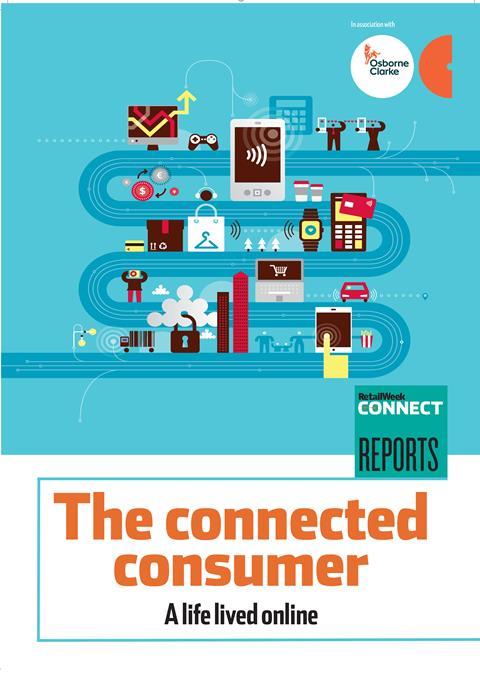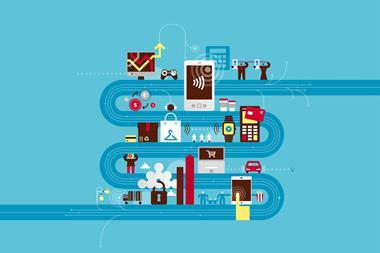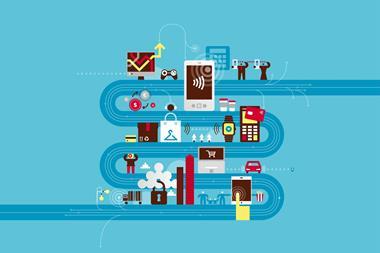New research from Retail Week explores how customer attitudes are evolving in the world of the constantly connected consumer.
The past five years have brought a step change in the way people interact. Almost every aspect of their lives now interconnects across a personal network of online devices and services, driven by technology that is continually advancing and consumer expectations that are constantly evolving.
Whether it is a wearable fitness tracker, a telematics device for the car or a contactless payment credit card, the public’s appetite for smart products shows no sign of waning; an ‘always on’ culture is the norm and the internet of things a reality.
This is the world of the connected consumer, and it defines how people interact with businesses in areas as diverse as health, leisure, transport, retail and entertainment.
Through research with 2,000 consumers from a nationally representative split across the UK, Retail Week, in association with Osborne Clarke, explores trends in consumer behaviour and the associated business and legal challenges in a new report The Connected Consumer: a life lived online.
The research is available to read in full here.
Change and cost
When asked what best describes their shopping behaviour, just less than half of UK consumers (46%) say they shop mostly in store, while 32% say they shop mostly online. Although the majority of respondents say their shopping behaviour generally comprises mostly online or in store, in reality, customer journeys are rarely easily defined as one or the other.

While the way people shop has changed significantly, fundamentally what matters to consumers has not. Cost remains king when making purchasing decisions for the majority of people in the UK (75.3%), whether they are shopping online or in store. However, online shopping is undoubtedly influencing priorities.
The report explores areas as diverse as advances in technology, data and privacy and the consumption of digital media. It discusses how the proliferation of mobile devices has also changed the way consumers interact. In a retail environment, this has implications for store design, layout and particularly connectivity.
When asked what in-store technology they find valuable, respondents say being able to use technology in store for practical purposes wins out over constantly updated virtual displays, in-store iPads and Bluetooth beacons sending personalised offers to their phones.
Devices and desires
Increasingly consumers engage with companies in a way that blends the digital and the physical.
The UK consumers interviewed for the report reveal that they own a range of digital devices and are using them in different ways.
Unsurprisingly, a high percentage (90.6%) of consumers in the UK still own laptops and PCs. Many also use compact, lighter mobile devices too. Connectivity is clearly the norm, with just 1% of respondents revealing they own none of the digital devices listed.
Despite the growth in the use of smartphones and tablets over the past few years, when it comes to shopping the majority of people in the UK are still more comfortable using their PC/laptop. More than three-quarters (78.6%) say they use their PC/laptop for shopping and 68.2% use their PC/laptop for price checking and researching purchases.
The report also surveys 1,000 consumers in the Netherlands and 1,000 in Germany to benchmark the UK and offer international comparisons.
The evolution of the connected consumer has been happening for some time now, but in the past year the pace of change has been phenomenal. To find out what this means for your business and how you can adapt for these changes, download the report here.
Join Retail Week and Osborne Clarke at 12.30pm on November 18 to discuss the issues raised in the connected consumer report #OCConnected






















No comments yet